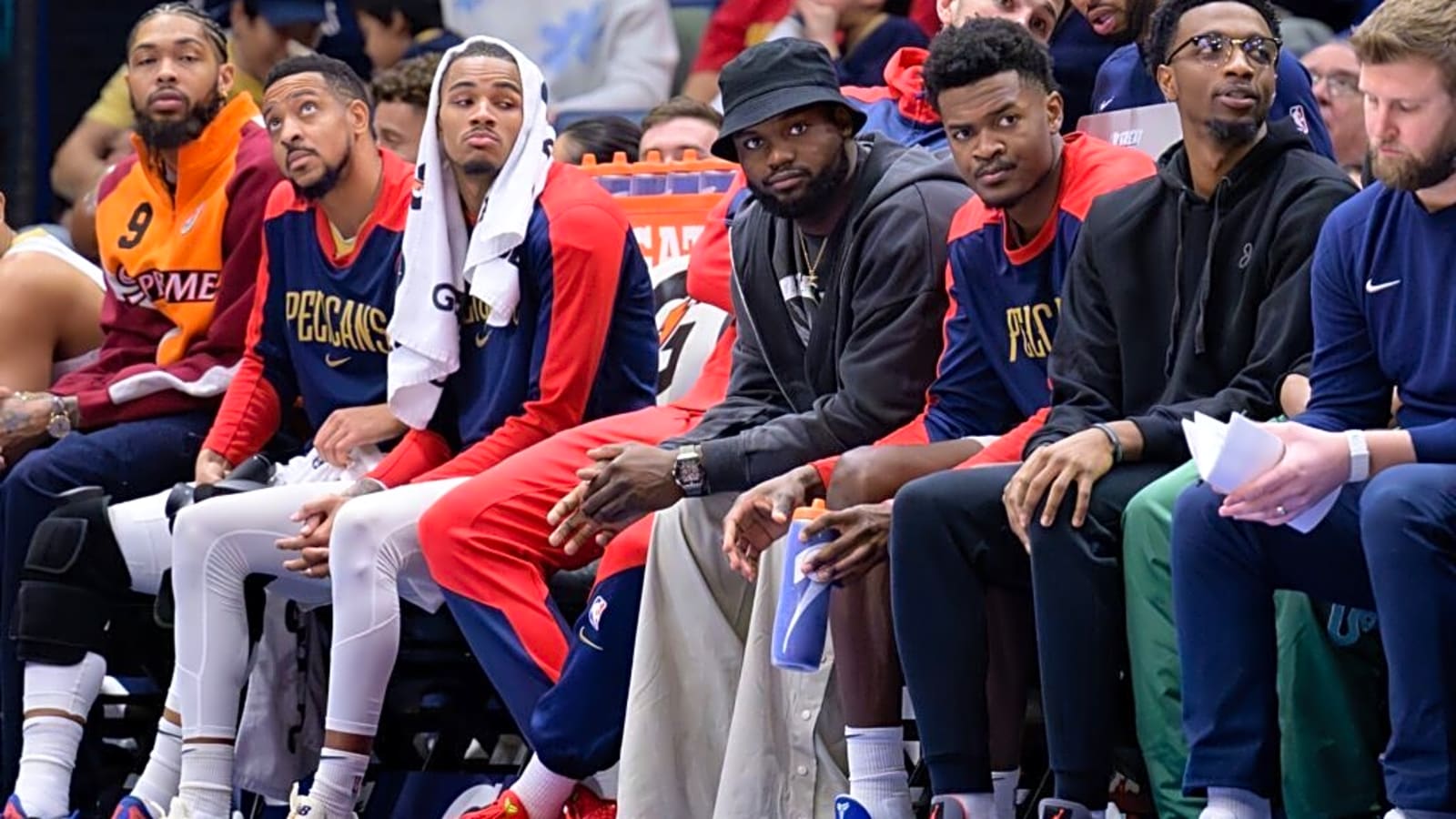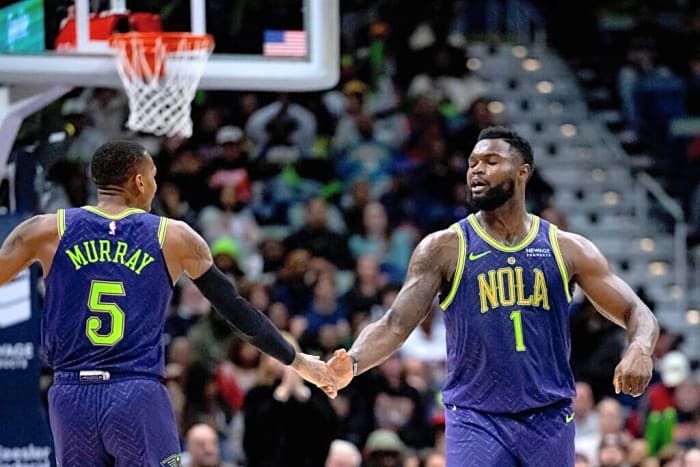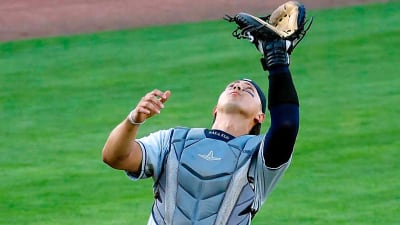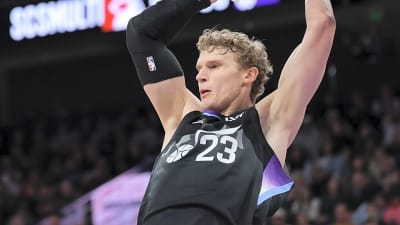
NEW ORLEANS — Dejounte Murray arrived in New Orleans last summer seeking a reset. His two-year stint in Atlanta, alongside Trae Young, yielded just two postseason victories. That outcome fell short of expectations, especially considering the Hawks gave up three first-round picks and a swap to land him. Murray, still only 28 and in the prime of his career, hoped the Pelicans would offer him a stable platform for growth. Instead, Dejounte Murray’s first year with the Pelicans became a nightmare. Injuries, tragedy, and dysfunction off the court derailed what was supposed to be a comeback season. On The Pivot Podcast, Murray didn’t mince words about the challenges he faced.
Pelicans Star Opens Up About His Year From Hell
A Season Crushed by Injuries and Personal Tragedy

The 2024–25 Pelicans season spiraled quickly. The team finished with a dismal 21-61 record, second-worst in the Western Conference. After acquiring Murray in a deal that sent out Dyson Daniels, Larry Nance Jr., Cody Zeller, and two future firsts, the organization expected a leap. Instead, it collapsed.
Injuries riddled the roster. Zion Williamson played only 30 games before a back contusion sidelined him. Murray, the prized offseason acquisition, tore his Achilles in January after appearing in just 31 games. Herbert Jones and Trey Murphy III also missed extended stretches, and the roster lacked cohesion throughout the year.
Before his injury, Murray posted modest numbers: 17.5 points, 6.5 rebounds, and 7.4 assists per game on 39.3% shooting. A noticeable dip from the 22.5 points and 45.9% field goal rate he posted the year prior. However, stats only tell part of the story.
Personal Losses Took a Heavy Toll
Murray explained that personal tragedies compounded his on-court struggles. “It was a situation where, like, I got all these problems going on… I broke my hand, and I’m recovering. My mom had a stroke, one of my cousins got killed, then my uncle overdosed,” he said in his interview.
His season wasn’t just defined by injury but by grief, isolation, and a lack of support. The pressure of coping with loss while trying to remain productive on a failing team proved too much. “I’m not getting what I need in the organization,” Murray added. “It’s hard for me to get my training time. It’s hard for me to get lifts. It’s hard for me to get my own court time.”
Murray, who began his career with the well-organized San Antonio Spurs, seemed unprepared for what he called a dysfunctional team environment. According to The Athletic’s anonymous player survey in April, the Pelicans ranked among the worst-run franchises in the NBA.
Organizational Changes Signal New Direction
His comments shed light on why New Orleans made changes in the front office. The team fired longtime executive David Griffin and brought in Joe Dumars as the new vice president of basketball operations. However, head coach Willie Green remains in charge, a decision that could complicate the power dynamics within the franchise. Green was not Dumars’ hire, and that could become relevant if the team falters again.
Still, if the Pelicans want to improve, they must prioritize player welfare. Dejounte Murray’s first year showed the consequences of ignoring that. This cannot repeat itself. The franchise must offer proper medical and mental health support and create a structure that fosters growth and accountability.
A Chance to Rebound—If the Team Learns
Murray’s story is a cautionary tale. Without the right support system, even elite talents can struggle. But there is still time to reset. If he can recover fully from his Achilles injury, and if New Orleans supports his return with proper structure, the Pelicans can still unlock the player they paid dearly to acquire.
The team must learn from Dejounte Murray’s first year and give their players the tools to succeed. If not, they risk wasting not just seasons—but careers.
More must-reads:
- Five must-watch games during NBA's opening week
- Dodgers manager speaks out after two-time All-Star goes down with injury
- The 'NBA minutes leaders by season' quiz
Breaking News
Trending News
Customize Your Newsletter
 +
+
Get the latest news and rumors, customized to your favorite sports and teams. Emailed daily. Always free!








